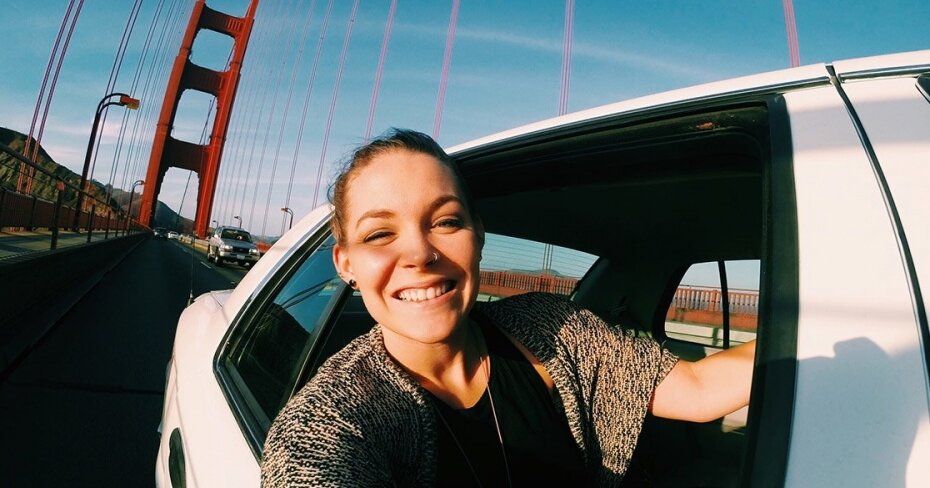Do you get a car insurance discount when you turn 25?
By: John Shmuel on April 10, 2017
Hitting 25 isn’t a milestone the way turning 19 is, when you’re enough to (legally) drink your first beer.
But it does mark a special occasion for anyone who’s a driver. After all, that’s the age when insurance companies finally acknowledge that you’re a full-fledged adult, and that you deserve a big discount on your auto insurance.
Or at least, that’s what many people believe to be the case. But when you actually speak to auto insurers in Canada, you find that they don’t actually have an over-25 policy.
That’s right. Turning 25 doesn’t entitle you to a big break on your auto insurance.
What affects your premium?
Insurer belairdirect, for instance, notes age is a factor in your insurance premium, but it’s just one of many factors that are taken into account when determining rates. Others include where you live, previous claims, your driving record, and your type of car.
“Although your premium won't automatically change once you turn 25, your age will be taken into consideration when it's time for your renewal,” the company says.
In some provinces, such as Manitoba and Saskatchewan, public auto insurance does not take into account age at all. Standard rates apply to all ages.
Other insurers, such as CIBC, actually offer student-only discounts for those under 25 who are enrolled in higher education. Losing that discount can actually make your premiums temporarily go up after 25.
Do some people see a drop at 25? Certainly. But it’s not based on an in-house policy. We take a look at how age determines your rate and when the biggest decreases happen below.
The origins of the myth
So where did the myth that rates automatically drop at age 25 come from?
The belief is based on data that shows teen drivers tend to proportionally get into more accidents than their older counterparts. The Center for Disease Control and Prevention, for instance, notes that while teen drivers represent 7% of all drivers on the road, they account for 11% of all accident costs.
But does being 25 actually make a difference versus, say, being 23 or 24? There’s no data to suggest that at 25, people are suddenly safer drivers. Most of the data that shows the 16-24 age bracket is the most reckless is likely being skewed by the 16-19 group, given that these are new drivers just figuring out the road and likely to make the most mistakes.
This might explain why fewer insurance companies are opting to give a flat-out “over 25” discount the way they offer student rates or insurance bundles. Instead, insurers will factor in a number of variables that impact claims — the type of car you drive (some cars are more expensive to repair), your driving history, and your location (thefts tend to be higher in some areas than others).
Age matters, but there’s no magical 25 discount
Age, of course, is always a consideration. You’ll generally see your rates drop if you maintain a clean driving record as you grow older. Some car insurers have loyalty discounts the longer you’re with them. Other times, you’ll find competing insurers willing to offer you better rates for a long and clean driving record — so it makes sense to shop around.
Based on data we pulled from our website, your annual car insurance premium should see a nice trend downward from around the age of 18 to when you hit 25. The biggest drop occurs from 20 to 21. The below data is based on a male driver who owns a 2015 Mazda3 GS with a clean driving record. We’ve bolded the years which see a $100 drop or more.
17 — $2,857
18 — $2,535
19 — $2,434
20 — $2,344
21 — $1,727
22 — $1,563
23 — $ 1,511
24 — $1,476
25 — $1,400
Again, these rates are not based on any age-specific discounts. Your insurance could go down at 24, but not at 25. And as you can see, the biggest drop tends to happen from 20 to 21.
So if you were holding your breath for that magical drop at 25 — don’t.


